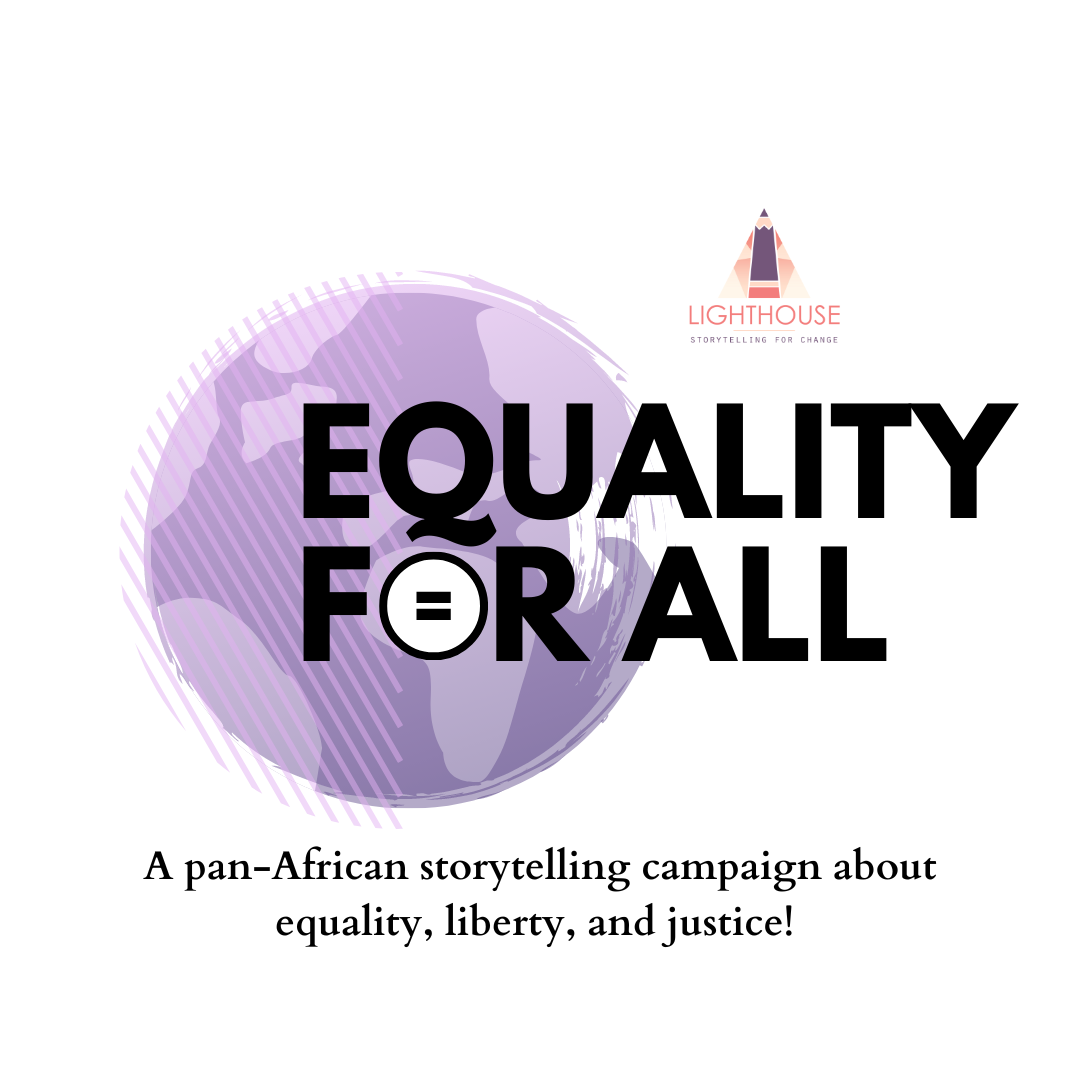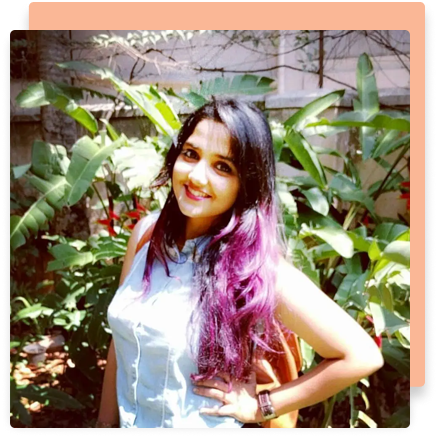Equality for All

Listen. Across markets, back alleys, community halls and living rooms from Nairobi to Lagos, people are telling themselves who they are. Equality for All was our invitation to listen more carefully. It began as a question: what happens when the people most affected by unfair laws, slow courts, unequal economies and quiet everyday exclusions are given space to tell their stories in their own language and in their own voices? The campaign grew into a living archive of testimony, witness and imagination. It is a map of justice made of sound, text, film and the rhythms of ordinary life. The work we published was never meant to lecture. It was meant to reframe. It was meant to turn data into faces, policy into pulse, and statistics into songs.
Stories do the work that reports cannot. They translate law into lives, policy into possibility. If justice is to be more than a word, we must let the people most intimate with its absence define what it looks like.
Africa is home to roughly one and a half billion people, a fact that makes the stakes of justice and equality continental in scale (Our World in Data). Seventy percent of Sub-Saharan Africa’s population is under the age of thirty, representing a powerful demographic force. Young voices are not only the future; they are the majority present (United Nations). Internet access across the continent is expanding rapidly but unevenly. While large national markets now count tens of millions of users, many rural areas remain chronically offline. Nonetheless, the use of social platforms and audio streaming continues to rise each year (DataReportal – Global Digital Insights). Most of the world’s extreme poverty is concentrated in Sub-Saharan Africa, and this economic pressure shapes how people experience justice, mobility, and voice (World Bank). Public perception also plays a critical role. Recent Afrobarometer data shows that a majority of respondents believe people are often or always treated unequally under the law, and many perceive discrimination based on economic status. These perceptions shape civic trust and the appetite for change.
Today, the impact of ‘Equality for All’ continues to grow, with stories being shared in classrooms, youth forums, and community spaces, sparking deeper conversations and inspiring collective action.
Stories of Change: Journeys Toward Justice and Equality
My Little World
Priviledge Chisumbu Harare, Zimbabwe My Little World Whenever I came back from college, I felt like a giant. This wasn’t because of my academic achievement. This four-roomed petite maison in the ghetto shrunk whenever I compared it to my exotic designs. Nevertheless,...
What Sweden Did
Audrey Obuobisa-Darko Ghana What Sweden Did 9 p.m., May 6th. Forehead kiss from Ma, sad goodbyes, and my final departure to a land far from home. “Freezing!” “Welcome to Sweden,” Göran laughed. I met other writers on the African Literature Project; Mercy...
I Heard A Rumour
Omotara Akinsowon Lagos, Nigeria. I Heard A Rumour Sheila walked down her street, dragging her feet along with a distraught look on her face. Why had she not studied more for her English test? Possibly because her parent's late-night yelling had taken...
Different
Riham El-Ashry Egypt Different Students ran down the lobby; some were laughing and some excited to witness a fight. It would be the first this year. "Milton got the new boy in a corner. He's dead," one whispered to his shorter friend, trying to convey...
The Montessori, The Way to Save Our Future
Ganiu Adigun Idris Nigeria The Montessori, The Way to Save Our Future Climate change and the possible catastrophe that might befall us, echoes fear in our minds. The talk of flooding in Lagos Island hurts. Like we deserve to take back our garbage from these...
When Tribes Don’t Matter
Olufemi Opeyemi Grace Ondo State, Nigeria When Tribes Don't Matter It was a hot day, and I was reading a novel when a knock interrupted. I checked, it was a Fulani boy– one of the shepherds who pass through farms and forests, leading cows to graze. As a...











